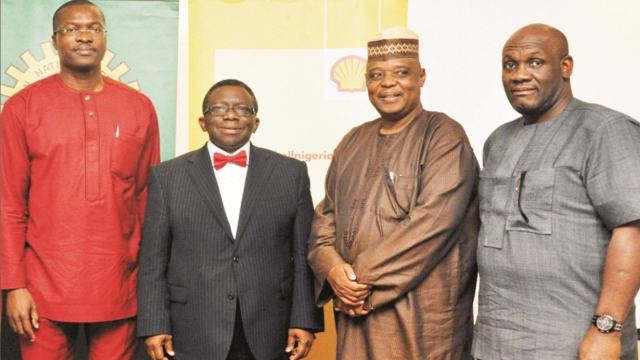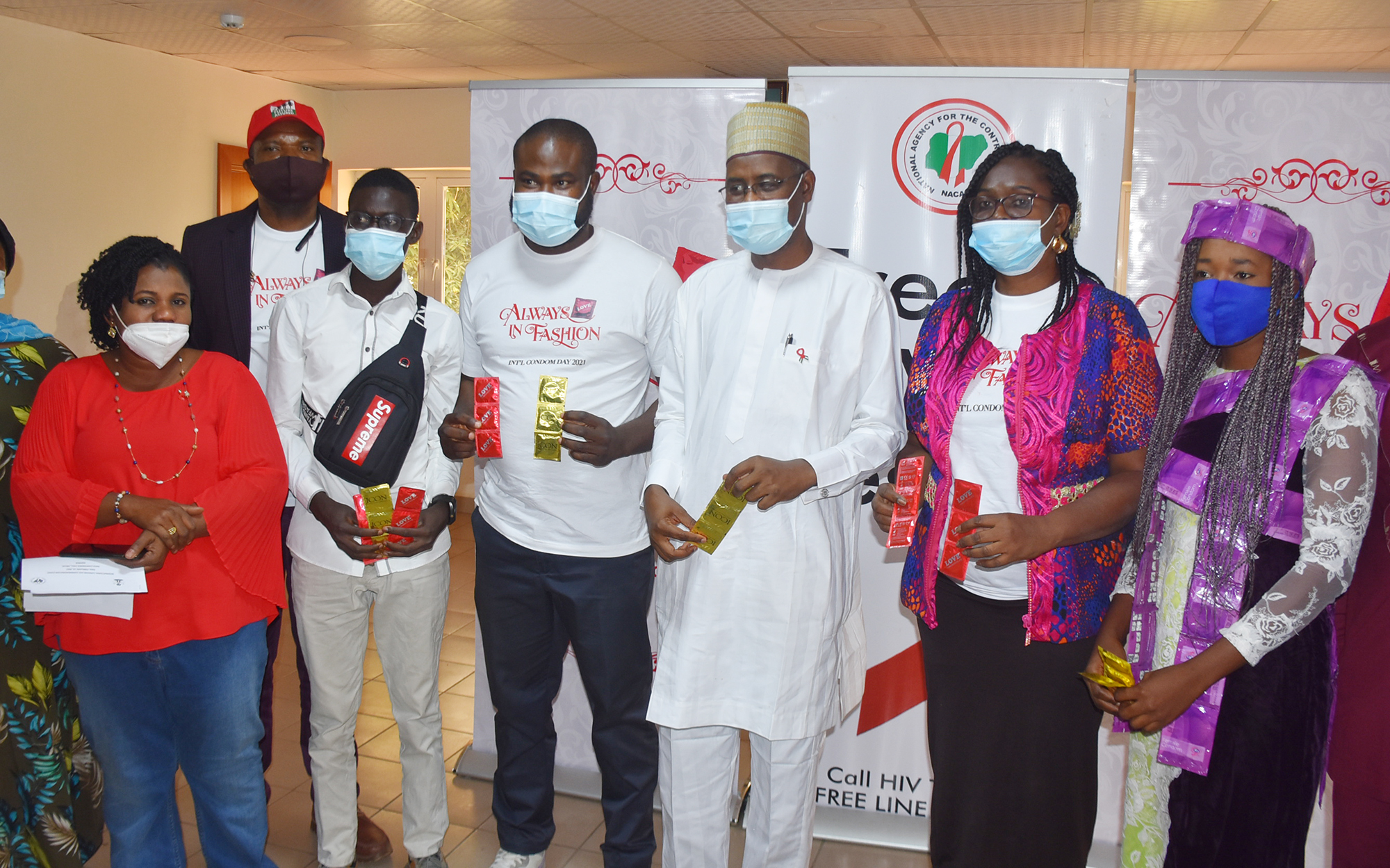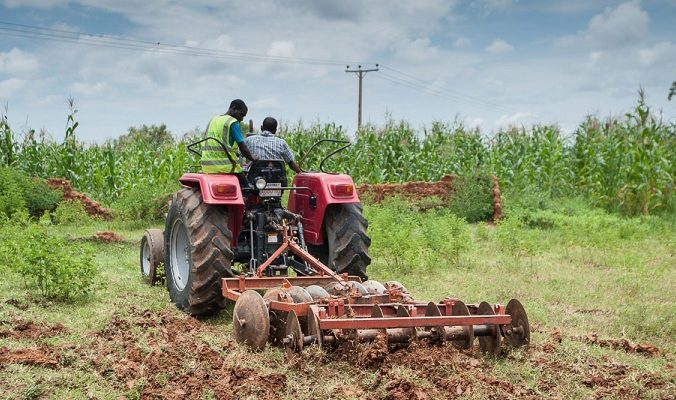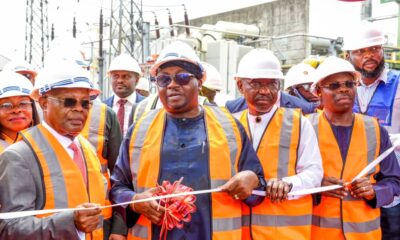Business
Reactions Trail New Concept For N’Delta Dev

More reactions have begun to trail the presentation of a new model for Niger Delta development which was unveiled last week in Port Harcourt, the Rivers state capital, by an indigenous firm, Star Delta Energy Services.
While some stakeholders embraced the concept as a strategy that would guarantee fairness, rapid development and peace in the oil-rich region, others stressed the need to spread the message to more of the oil producing communities whose consent is crucial in the ultimate implementation of the new concept.
It would be recalled that the Managing Director Star Delta Energy Services, Mr. Peter Junior Okocha, unveiled the firm’s “Special Purpose Vehicle” (SPV) which entails registration of companies by host communities in each of the Local Government Areas to enable them play the role of equal partners in oil and gas exploration and production.
He said SPV idea is aimed at giving the communities a medium to self determine its development by participating directly in project execution.
In his reaction, Secretary of the Niger Delta Youth Coalition (NDYC), Dr. Joe Amakiri, said “such idea which will make communities be in the board, take part in bidding for jobs alongside other firms in the oil and gas exploration and production is what the Niger Delta needs”.
According to Amakiri, “the challenge would have hinged on fund, but since the energy firm has assured of 50/50 ratio in both funding and to also provide needed expertise, that make the model viable”.
Also speaking in similar vein, the President of Concerned Minds of Niger Delta, Comrade Mathias Opusoh, said the SPV is a well-thought idea which can save the communities from the deceits of the multinational oil companies which present Memorandum of Understanding (MoU) as if that guarantees fairness and development in communities.
Opusoh said, “the SPV as a registered firm has the right to sue and be sued wherever any partner feels that his rights have been deprived. This is better that MoU that does not give the community to sue the oil multinations when deprived of their rights”.
However, South South Youth Consultative, Enlightenment and Mobilisation Council (SSYCEMOC), in its reaction affirmed that the SPV idea was a lofty one but stressed the need to sensitise the oil producing and oil bearing communities more on the issue.
Secretary of SSYCEMOC, Comrade Christian Nnodim, explained that the Council after examining the idea accepted it as a model that can save the region from militancy, marginalisation, deprivation, underdevelopment and ecological damage since the communities would be allowed to use their own companies to do those same things the multinationals are doing. “Since we are crying that the foreign firms are cheating us with the government, let us be involved directly in oil producing”.
“SPV is quite commendable, but let the message go round oil host communities in the region to enable them understand the concept very well before implementation otherwise, it will look like an urban agenda”, he said.
Nnodim explained that SPV presents a ray of hope even under the Land Use Act, remarking that employment and wealth creation would be properly addressed.
Chris Oluoh
Business
Prioritise Agro-Processing, Ex-FIIRO Boss Charges Women Farmers

Business
ActionAid Urges Media Support For Inclusive Food Systems

Business
AGRA, Nestlé, TechnoServe Unveil $1m Climate-Smart Agric Project

-
News4 days ago
NARD Raise Alarm Over Exclusion From Specialist Allowance
-

 News4 days ago
News4 days agoJudicial Workers Suspend Planned Strike For Two Weeks
-
Politics8 hours ago
Anambra Guber: INEC Releases Final List Of Candidates
-
Sports7 hours ago
ICC Nominates Nigeria For Women’s Cricket Award
-
Business4 days ago
SEC Cautions Nigerians Against Ponzi Schemes
-

 Niger Delta4 days ago
Niger Delta4 days agoDiri Tasks NASS On PIA Review Again
-
Niger Delta7 hours ago
Delta APC Reaffirms Support For Oborevwori’s Administration
-

 Featured5 hours ago
Featured5 hours agoTinubu Commissions Afam 11 Power Plant …Urges Stronger Private Sector Partnership In Power Sector

